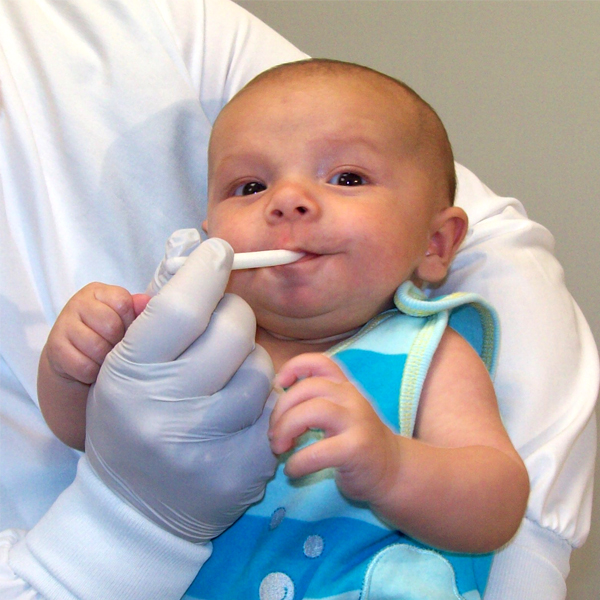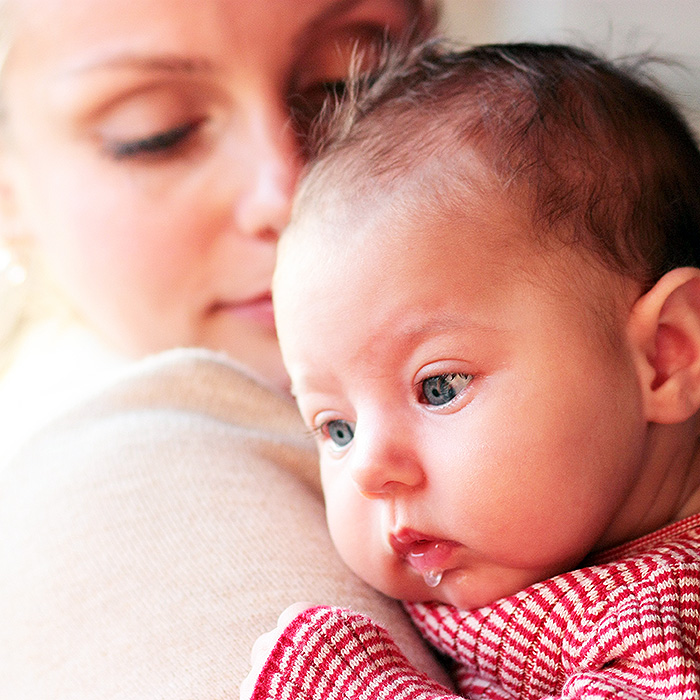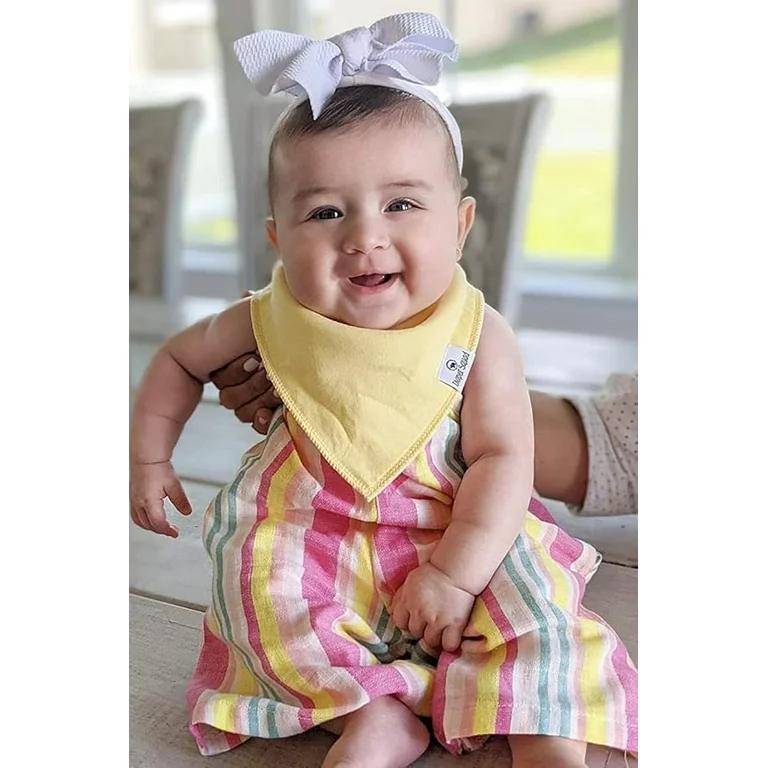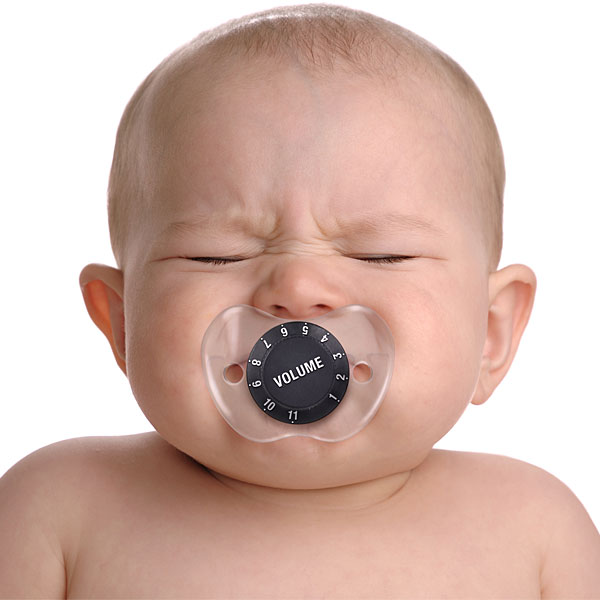Understanding Normal Drooling and Milestones
Why does my toddler drool so much? Drooling is a common phase for babies. It’s part of how they explore the world. As they grow, most children stop drooling by the age of 2, when teething typically ends. Saliva helps with eating and speech, but it should not be excessive.

When Do Children Typically Stop Drooling?
Children usually outgrow drooling by their second birthday. This is when teething often wraps up. Parents should see less drool as kids learn to control their saliva.
The Role of Teething in Saliva Production
Teething stimulates saliva production. It’s a way to soothe gums. With time, as teething eases, saliva production slows down and drooling reduces.
Identifying Excessive Drooling in Toddlers
Understanding when to be concerned about your toddler’s drooling is important. Generally, drooling is expected to decrease significantly by the age of 2, as teething subsides. However, identifying signs of excessive drooling can help you determine if there’s a reason to consult a professional.
What is Considered Excessive Drooling?
If your child is drooling past their second birthday, it might be excessive. Excessive drooling is continuous and often uncontrollable saliva flowing outside of the mouth. It could be more than a small wet spot on their pillow or clothing. Look for shirts that are frequently soaked or the need for several bib changes a day.
Symptoms and Signs to Watch for
Why does my toddler drool so much? Pay attention to other signs that might accompany drooling. These could include:
- Difficulty swallowing food or liquids.
- Choking or coughing during meals.
- Wet vocalizations, like a gurgling sound when they speak.
- Food falling out of the mouth when trying to eat.
- Frequent spitting up or vomiting.
- Constantly wiping their mouth.
- Skin irritation around the mouth, chin, and neck from drool.

If these symptoms are present, it might be time to consider professional advice. Persistent drooling might be more than just a stage of development. It could hint at conditions like pediatric dysphagia, orofacial myofunctional disorders, or other feeding and swallowing issues. We’ll discuss these and their treatments in the sections to follow.
Causes of Excessive Drooling in Children
Understanding why a toddler drools is key to finding the right help. Let’s explore common causes.
Pediatric Dysphagia and Swallowing Difficulties
Pediatric dysphagia is swallowing trouble in children. It makes it hard to move food from mouth to stomach. Signs include coughing, choking, and avoiding certain foods. This can lead to more drooling.
Orofacial Myofunctional Disorders
Orofacial myofunctional disorders affect mouth and face muscles. They cause issues like tongue thrust, where the tongue pushes forward. This can change how your child eats, breathes, and speaks. It can cause more drooling too.
Feeding and Swallowing Disorders
Disorders beyond dysphagia can also cause drooling. Problems like acid reflux or a history of premature birth can make it hard for toddlers to manage saliva. Watch out for difficulty in swallowing or refusal to eat.
Additional Factors Influencing Drooling
Other things can make a child drool too much. Oral sensory problems, poor head control, or even some medicines play a role. Addressing drooling means looking at all possible causes.
The Impact of Excessive Drooling
Why does my toddler drool so much? Excessive drooling can affect toddlers in various ways, extending beyond simple messiness. Understanding the repercussions of this issue is as important as addressing the causes.
Social and Developmental Implications
Excessive drooling may lead to social and emotional challenges for children. As toddlers learn to interact, excessive saliva can be a barrier. It might cause embarrassment and affect self-esteem. They may avoid close contact or play, which is crucial for social learning. Additionally, drooling can hinder speech clarity. This makes learning and using new words harder for children.

Dental Hygiene and Health Concerns
Excessive drooling can negatively affect both teeth and overall health, and it’s important to recognize these impacts as they arise. While drooling may often be associated with harmless phases in childhood, its consequences can extend beyond mere social discomfort. For one, saliva that accumulates on the skin can lead to irritation or rashes, which are not only uncomfortable but can also pave the way for potential infections if left untreated.
Inside the mouth, excessive saliva can create an environment that fosters poor oral hygiene. Bacteria thrive in saliva, and when it builds up, it creates a significant threat to dental health. Over time, this can result in the need for numerous dental visits and may even lead to painful tooth decay.
Moreover, the persistent wetness of the skin, along with the necessity to frequently wipe the mouth, can lead to chapped skin and additional discomfort for the child. To alleviate these issues, it’s crucial for parents and caregivers to address excessive drooling early on. By taking proactive steps, such as consulting a pediatrician or a dentist, caregivers can ensure their toddler’s well-being and protect against the long-term effects of drooling.
In summary, recognizing and managing the impact of excessive drooling is essential not only for comfort but also for maintaining good health. Early intervention can make a significant difference, leading to better oral hygiene and overall happiness for the child.
Treatment and Management Strategies
When dealing with excessive drooling in toddlers, adopting appropriate treatment and management strategies is crucial. These efforts can significantly reduce drooling and improve your child’s quality of life.
Speech-Language Pathologist Interventions
Speech-Language Pathologists (S-LPs) play a key role in addressing drooling issues. They can:
- Assess the child’s oral-motor skills.
- Create a tailored therapy plan.
- Teach exercises to strengthen mouth muscles.
- Suggest feeding positions that reduce drooling.
- Use specialized techniques for swallowing improvement.
Such professional interventions often lead to noticeable progress in managing excessive saliva.
Home Exercises and Tips for Parents
Parents can also help at home by:
- Encouraging the child to use a straw or cup instead of a bottle.
- Using mirrors to teach the child about ‘wet’ and ‘dry’ faces.
- Giving positive feedback for less drooling.
- Showing how to wipe the mouth gently.
These simple actions can reinforce the strategies learned in therapy sessions and promote good habits.
Collaborative Care with Dentists and Physicians
Finally, collaborative care is essential. Dentists can address any structural dental issues, while physicians can rule out or treat underlying medical conditions. Working together, these professionals ensure a comprehensive approach to treating excessive drooling. Early intervention can lead to better outcomes for the child’s development and health.
When to Seek Professional Help
When you notice your toddler drools a lot, it’s time to think about help. Too much drooling past age two could be a sign of underlying issues. This is when you might want to talk to experts.
Consulting Speech-Language Pathologists
Why does my toddler drool so much? Speech-language pathologists are key for drooling issues. They check how your child eats and talks. They might spot weak mouth muscles or other problems. They can create plans to make things better by teaching your child exercises and tips.
The Role of Early Intervention and Consistent Therapy
Starting therapy early can really help. It’s best when done regularly. This means getting your child help as soon as you can. It makes a big difference in fixing drooling problems.
Importance of Multidisciplinary Assessment
Why does my toddler drool so much? When addressing the issue of drooling in children, it is often essential for multiple experts to collaborate. For instance, dentists play a crucial role by examining your child’s teeth and assessing the shape of their mouth. Meanwhile, doctors contribute by identifying any underlying health issues that may be contributing to the problem.
By working together, these professionals create a comprehensive care plan tailored to your child’s specific needs. This collaborative approach maximizes the chances of reducing excessive drooling effectively. Ultimately, involving both dentists and doctors not only addresses the immediate concerns but also promotes overall health and well-being for your child.
In conclusion, by drawing on the expertise of various specialists, you provide your child with the best possible opportunity to overcome challenges related to drooling.



